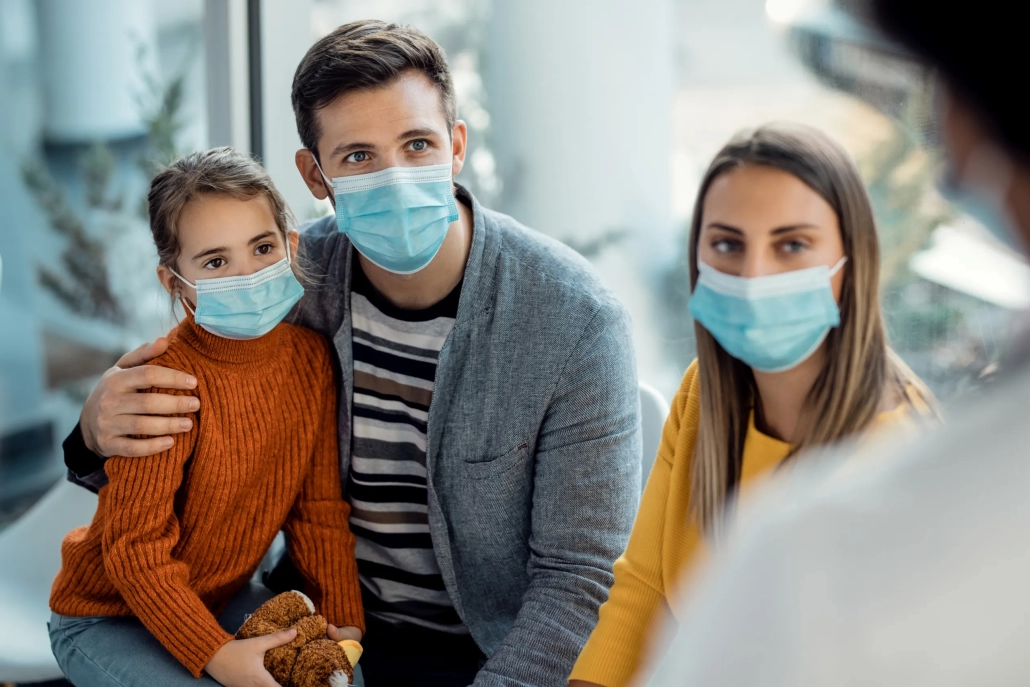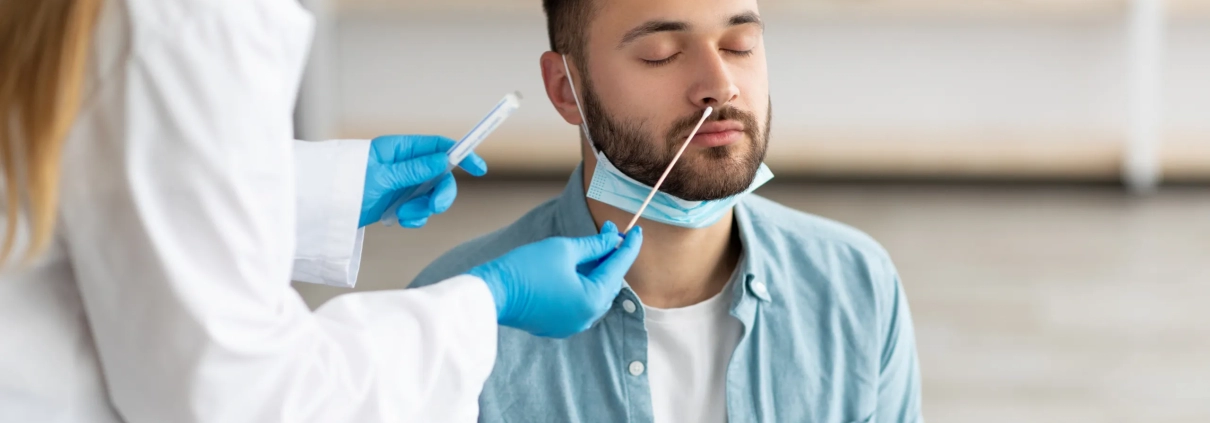The Post-Emergency Reimbursement Landscape for COVID-19 Testing
By Bridget Parsons
A review of the coverage you can expect for performing 87635 diagnostic services
 Since the end of the COVID-19 pandemic, it has been a challenge for clinical lab teams to monitor new reimbursement policies related to COVID-19 testing now that it is no longer a public health emergency. Will CPT code 87635* for COVID-19 molecular testing still be covered? The short answer is yes … for the most part. Here’s a look at how coverage breaks down by payer. The information here is a summary of data originally compiled in a KFF brief available here.
Since the end of the COVID-19 pandemic, it has been a challenge for clinical lab teams to monitor new reimbursement policies related to COVID-19 testing now that it is no longer a public health emergency. Will CPT code 87635* for COVID-19 molecular testing still be covered? The short answer is yes … for the most part. Here’s a look at how coverage breaks down by payer. The information here is a summary of data originally compiled in a KFF brief available here.
MEDICARE
Under Medicare Part B, diagnostic testing for COVID-19 will continue to be covered. Medicare participants will receive lab testing at no cost, and share in the costs for some test-related services. They will no longer be eligible to receive free at-home tests.
However, the situation is not as clear-cut for Medicare Advantage participants. In this case, whether there is cost sharing for diagnostic testing depends on the plan. All Medicare Advantage members are likely to undergo cost sharing for test-related services, with some plans willing to cover at-home test kits while others will not.
MEDICAID
Medicaid and its Children’s Health Insurance Program (CHIP) are required to fully cover all laboratory testing and test-related services for COVID-19 until September 30, 2024, when after this date, coverage for Medicaid and CHIP will be determined by state. States are generally expected to extend coverage for laboratory testing when ordered by a physician, yet for home tests and those not ordered by a healthcare professional, some states may continue paying while others may not. States also have the option to require cost-sharing for tests and related services.
PRIVATE INSURANCE
Following the end of the public health emergency phase, private payers typically began to treat COVID-19 testing like any other diagnostic test. Most private health plans include partial coverage, but participants can also expect some cost-sharing (at least for the associated doctor’s visit required to implement the ordering of the test). Depending on the general testing coverage terms, at-home tests may or may not be covered. In addition to cost-sharing requirements such as deductibles, copays, and coinsurance, insurers can institute coverage limitations, like requiring that testing be performed by in-network providers or capping the number of tests that may be covered for each insured person. For specifics on how your payer is treating COVID-19 testing post-PHE, visit the provider section of your payer’s website.
Recent updates on COVID-19 testing coverage from some of the largest private payers can be found here:
COVID-19 Testing & Treatment FAQs for Aetna Members
COVID-19 PHE ends on May 11, 2023 | UHCprovider.com
Coronavirus (COVID-19) Resource Center | Anthem
SAFETY NET
Patients without insurance are expected to pay for their own COVID-19 tests, whether at home or in the lab, but there are some safety net programs to assist. Free or low-cost tests may be made available through local health departments, and the CDC also provides free COVID-19 testing for uninsured people who have been exposed to the infection or who appear to have symptoms.
COVID-19 testing coverage has changed over the last year, but coverage and reimbursement are still available. To learn more about the COVID-19 testing solutions that may be a fit for your laboratory, visit Find Kits and Reagents by Disease Type | Diasorin or contact marketaccess@diasorin.com
*Infectious agent detection by nucleic acid (DNA or RNA); severe acute respiratory syndrome coronavirus 2 (SARS-CoV-2 virus) (coronavirus disease [COVID-19]), amplified probe technique

